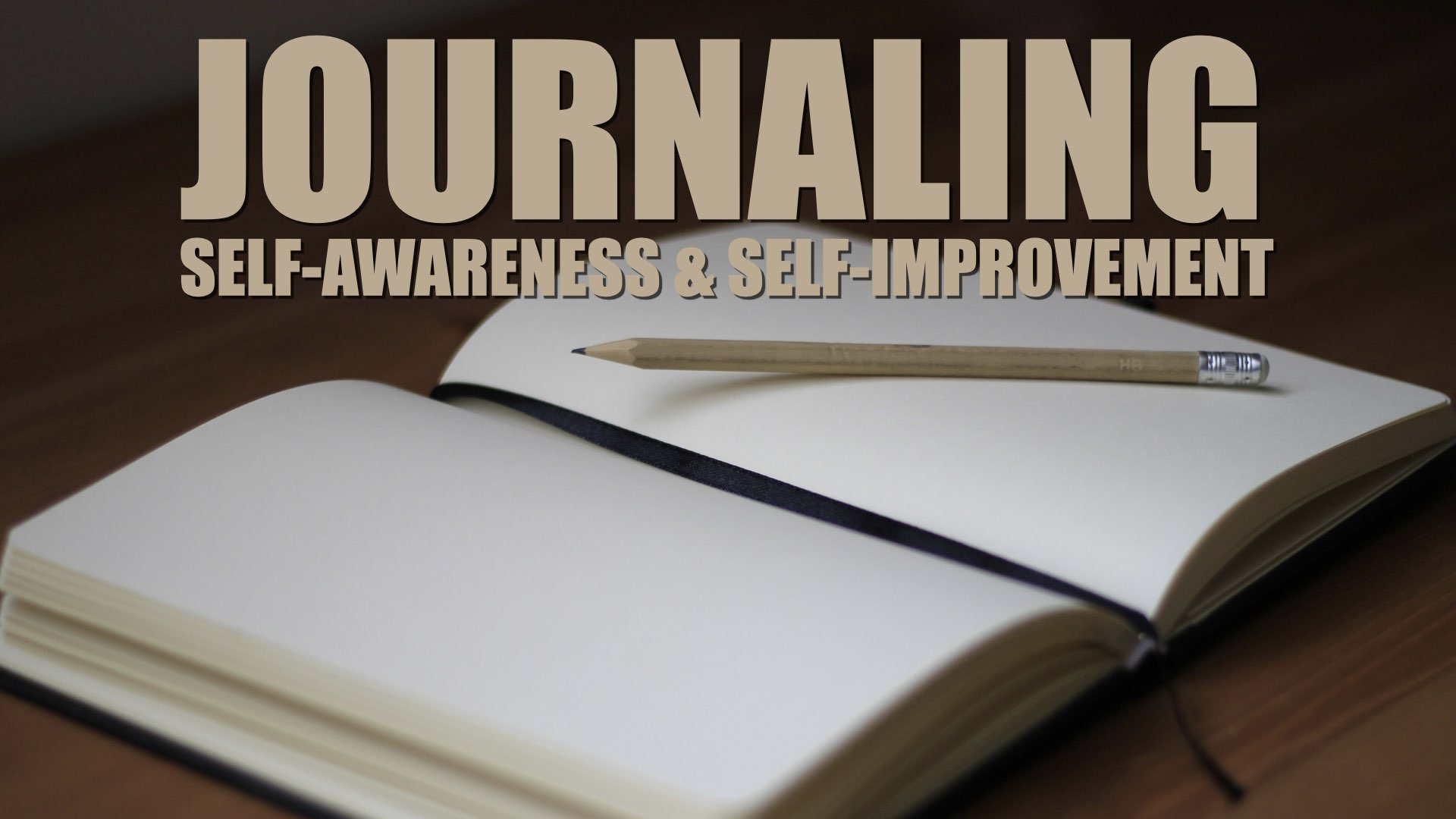Journaling, revered for its profound impact on the mind and soul, dates back to ancient civilizations. Here’s a one-month challenge to get going with the great self-developing habit of journaling.
Spirituality is all about realizing the divine in everything, yoking oneself to this divine and to follow one’s true calling to grow to the best version of oneself. It is about the movement of the soul or mind towards Truth, self-discovery and self-improvement.
Some of the best ways to achieve this are self-reflection, self-inquiry, mindfulness, contemplation on one’s actions, witnessing what thoughts and feelings one has etc. Journaling – reflective writing – is a powerful tool for this active mental and reflective engagement. It’s a way of cultivating a deeper understanding of ourselves and therefore also personal growth.
In the ancient world, philosophers like Marcus Aurelius used journaling to engage in deep self-reflection and philosophical inquiry. He saw journaling as a way to examine his thoughts, understand his emotions, and cultivate virtues. His work ‘Meditations’ illustrates the power of journaling in fostering self-awareness and wisdom.
Psychology and mental health studies show that journaling can:
📔 Enhance self-reflection: Writing about our thoughts and experiences lets us step back and observe our inner world more objectively. This helps us gain perspective which makes it easier to understand our emotions and reactions.
📔 Boost self-awareness: It promotes self-awareness by making us explore our values, beliefs and motivations. By regularly examining our thoughts and feelings, we become more attuned to our inner selves, leading to greater self-knowledge.
📔 Reduce stress and anxiety: Expressive writing reduces stress and anxiety by providing an outlet for emotions. By putting our worries and fears into words, we can process and let them go, leading to a sense of relief and calm.
📔 Improve problem-solving skills: It also allows us to explore different perspectives and solutions to challenges. Writing about a problem helps us organize our thoughts, identify patterns, and develop new solutions.
📔 Promote emotional healing: Journaling can be a therapeutic tool for processing traumatic or distressing experiences. It lets us work through difficult emotions and gain insight into how these experiences have shaped us.
📔 Enhance creativity: Regular journaling fosters creativity by encouraging free expression and exploration of ideas. It provides a space for brainstorming and experimenting with new thoughts, ideas and concepts.
The Challenge
🎯 Journal at least 3 times every week for a month. It’s of course optimal to do it every day, but keep it realistic based on your everyday life. Evaluate after the month has passed.
⏱️ Allocate (at least) 15 min every day to writing. You decide if you journal in the morning or in the evening. Epictetus and Marcus Aurelius did it in the morning (about the previous day). Seneca did it in the evening (about ‘today’). Find your own way and time.
💻 There are great free journaling apps, like Day One, making it easier to get continuity, but you decide if you write in a notebook/diary or on your laptop or phone.
🛋️ Find a quiet, comfortable space where you can write without distractions. This will help you focus and connect with your inner thoughts.
💭 Reflect on the day that’s passed, or the upcoming day.
🤔 Think deeply and evaluate your thoughts, behaviors, habits, patterns, attitudes, motivations, desires etc today or the last few days. Examine your emotions and behaviors and then ask yourself some of the below questions.
❓Ask yourself tough questions and dare to ponder upon the choices you’ve made and the path you’re on. Be honest with yourself! (You definitely don’t have to answer all of them. Choose as many as you want, or come up with your own questions.)
- What you’ve done during the day or what happened today
- What you felt when you did them, and if you were your best self when you did them
- How does what I’ve done today rhyme with bigger patterns & paradigms in my life? Why?
- What you would’ve wanted the day to be like, in contrast to what it was like
- Was there anything I did yesterday that I don’t want to do today?
- Things that worry you, scare you, are outside your comfort zone and that give you anxiety
- Why do I feel and act this way?
- What is important to me in life? Am I organizing my life accordingly?
- Am I doing what makes me happy?
- What am I avoiding?
- What am I afraid of / What worries me the most about this and the future
- What is holding me back from living the life I want to live?
- What actions can I take in order to find more alignment with what I want?
- If this were the last day of my life, would I have the same plans for today?
- Are there things I’d like to improve about myself? or What could I have done differently today?
You can of course also do gratitude journaling – write down 3-5 things you’re thankful for today, or things you’re looking forward to.



